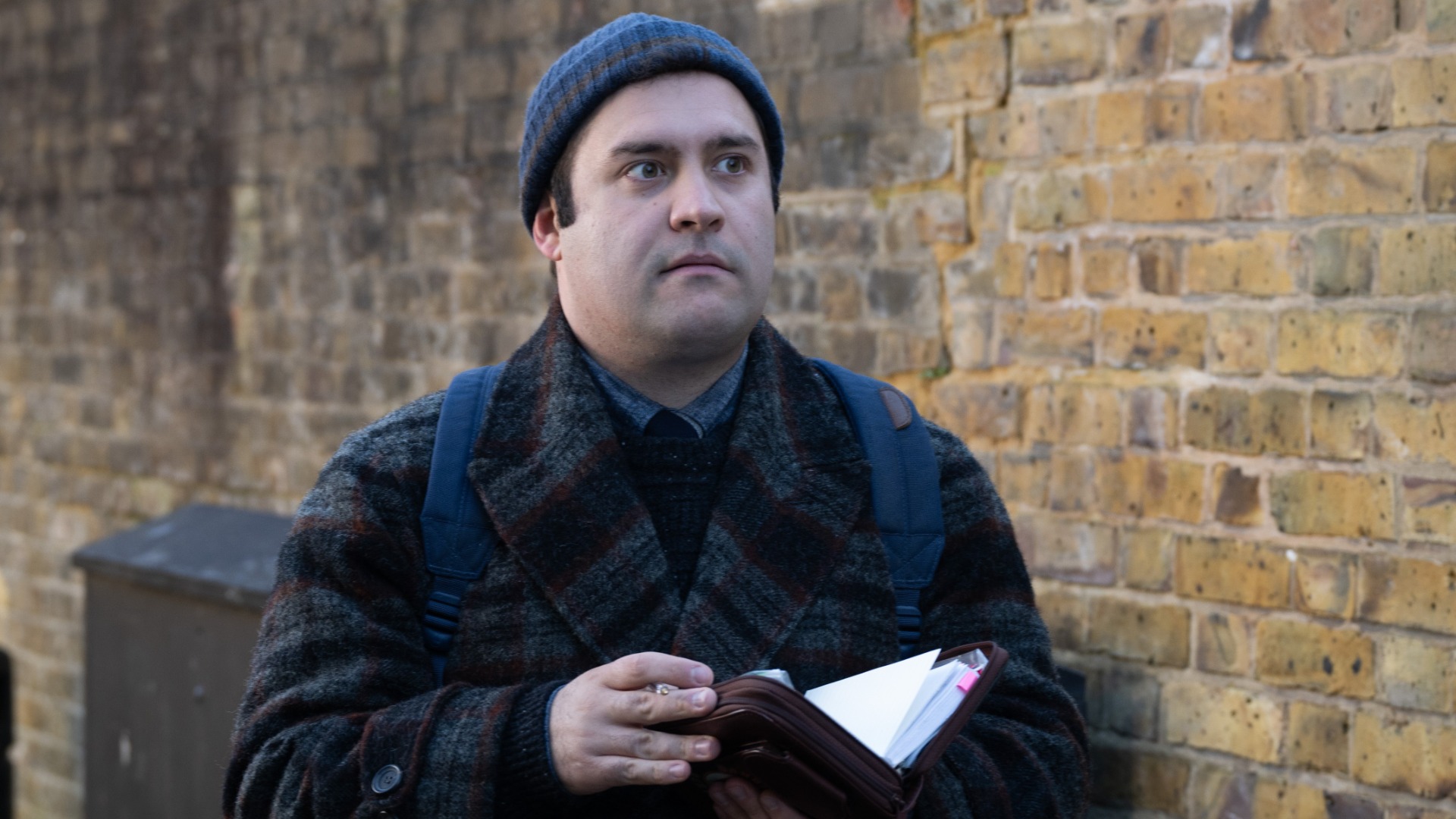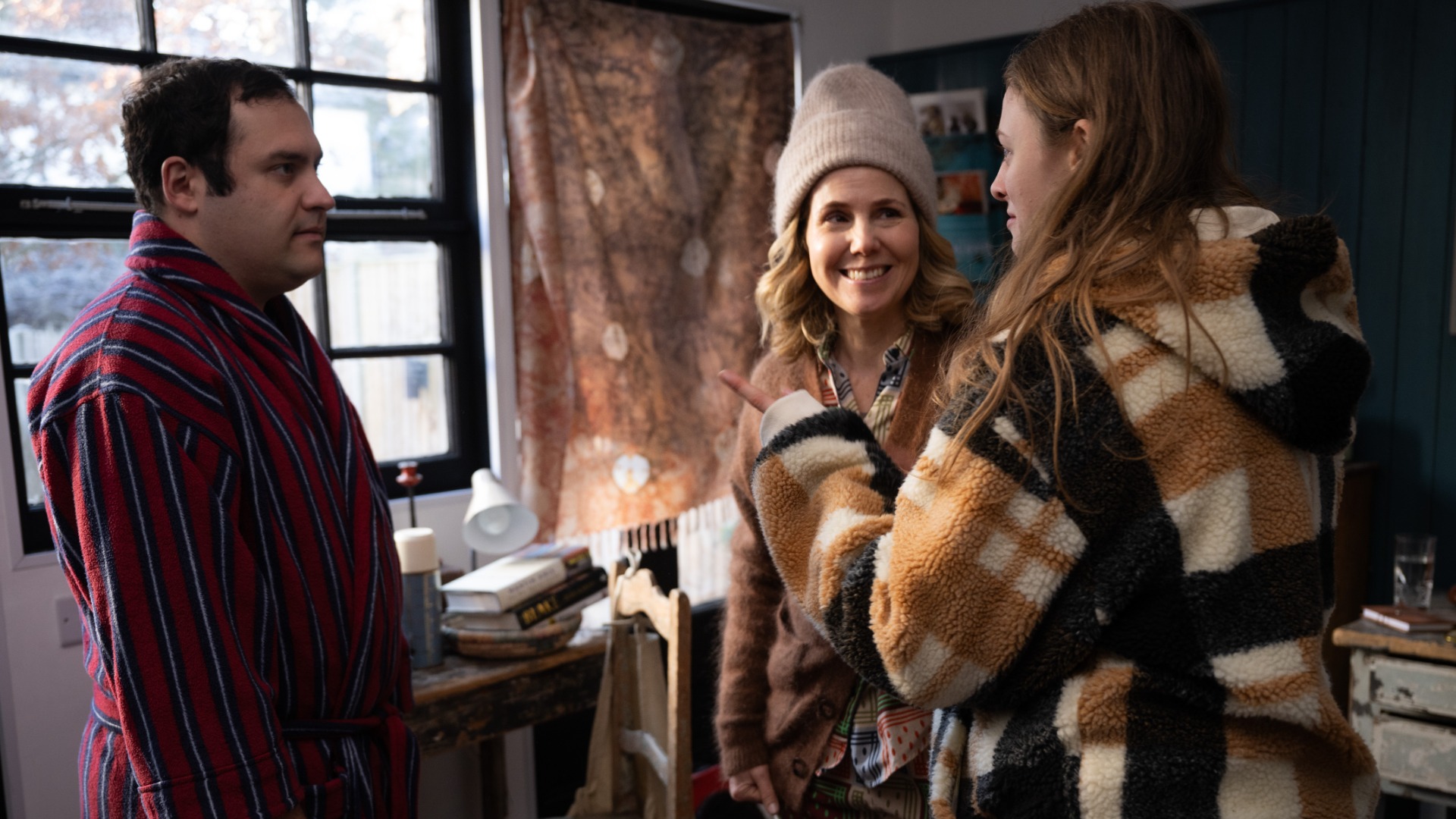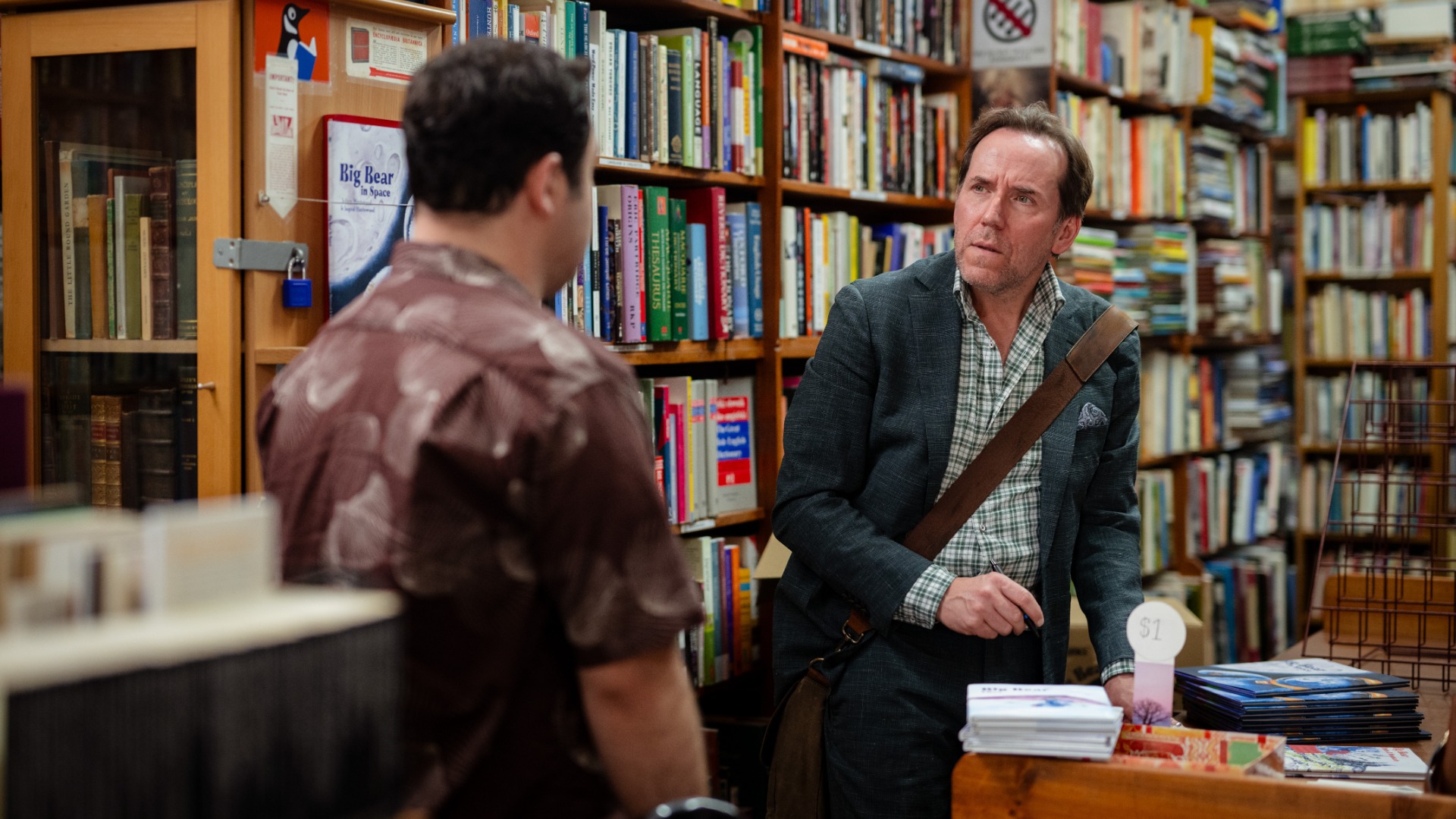
Sally Phillips, Ben Miller and Michael Theo lead a cast that brings representation and comedy into your home with Austin.
Austin first aired in Australia in 2024. Now, the eight-part Australian-British comedy drama series has a home on BBC One, and will premiere on April 4 at 9:30pm on the channel. All episodes will be available to stream on iPlayer for those who enjoy a binge watch.
Cancelled for reposting a white supremacist on social media, English children’s author, Julian (Ben Miller), is approached by a 28-year-old man named Austin (Michael Theo) during a book signing in Canberra.
Although acknowledging his son outs him as a philanderer - he was dating his now wife Ingrid (Sally Phillips) at the time Austin would've been conceived - Julian thinks presenting himself in public with a long-lost autistic son could save his career.
What could possibly go wrong? One thing sure to be right is that the series has representation front and centre, with star Sally Phillips really impressed with the the BBC's commitment to disability representation, "Because in general it's still really tiny."
Sally should know about on-screen representation, as her son Olly has Down's syndrome. "I’ve got a disabled child, and I can see what a difference it makes to him seeing people like him represented on screen," she says.
Ben Miller has also weighed in on the subject, saying, "It's really fun to see a neurodivergent character who's not Sheldon from The Big Bang Theory and who in some ways is the opposite of that character.
Now, don't get me wrong, I LOVE the character Sheldon. We adore Young Sheldon in our house to the point I ask my children not to watch it without me. Me and my youngest both have it as what I call a 'comfort watch,' - something we have on in the background if we just need a bit of noise.
Apart from being hilarious, touching, perfectly acted, and for me, bringing a tonne of childhood nostalgia, my older neurodivergent child enjoys it because he shares a lot of traits with Sheldon. Seeing somebody else with the same struggles is comforting to him in a different way. He feels seen.

However, as much as I love Young Sheldon, Ben is actually quite right - I couldn't think of a huge amount of other characters on TV flying the flag for neurodiversity.
My son is at the age he's looking for older people on TV who seem a bit like him. He's found this in The Good Doctor - to an extent.
Although I'm glad the eldest offspring likes a good medical drama like his mother, The Good Doctor's Dr. Shaun Murphy is at a more extreme end of the spectrum than my son, and he can't see as much of himself in the character as he could with Sheldon.
The show also divided audiences over its liberal use of stereotypes and what some believed to be a lack of authentic representation of the condition due to Freddie Highmore not actually being autistic.

This is why I want Austin to become our new family watch. Michael Theo who first appeared on Love on The Spectrum, is autistic and is keen for the lack of autism on screen to be addressed.
"It's best that neurodivergent characters are played by neurodivergent actors because it's more authentic and it's more believable that way," he says.
"Also, the last thing you want is for an actor to play a neurodivergent character based on a stereotype, because stereotypes are harmful and neurodivergent stereotypes should be a strict no-go."
Ben Miller wants those tuning in to take away the message that not all autistic people lack empathy, asserting just what a wonderful connection Michael Theo had with the cast and crew - he also wants audiences to have a really good laugh.
Sally Phillips' message is a little more serious. "I read that the only hate crime that's going up is disability hate crime, and I fervently believe that we can counteract that with better representation in the media," she says.
The actress adds, "When you are putting neurodivergent people in people's homes through television, they just become familiar, and it really changes things in the playground and the workplace. When people watch this, I just hope that they have a laugh, because I think that's the most radical thing that can happen."

.png?w=600)





